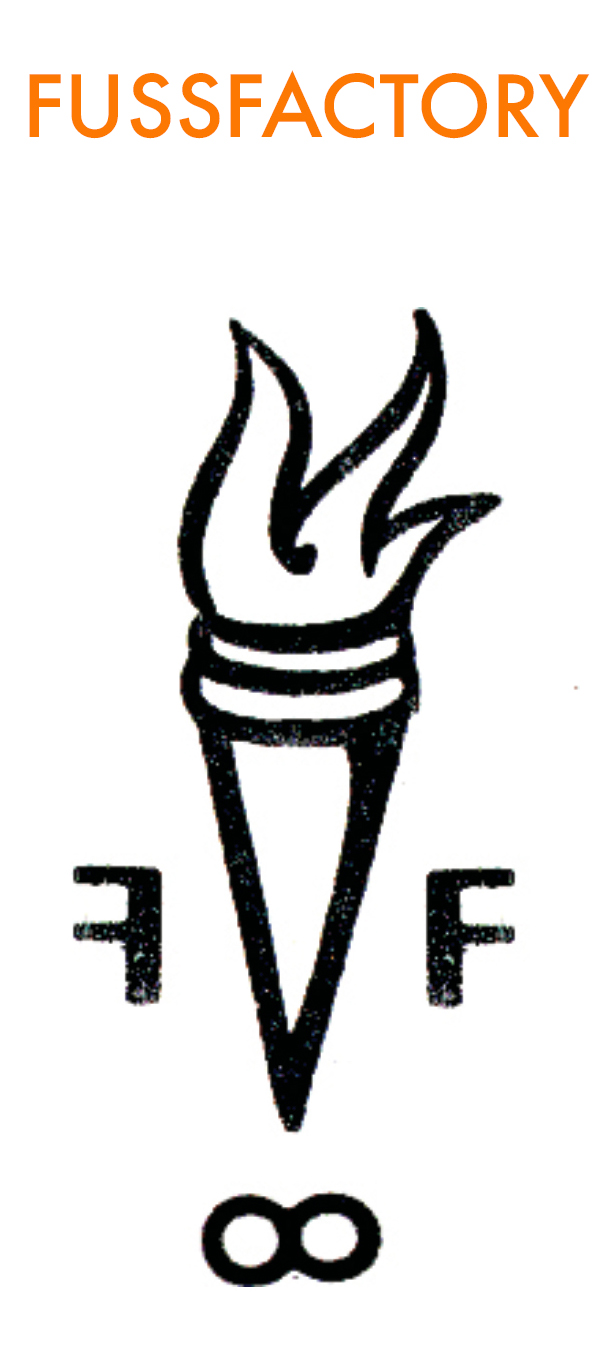#sparkchamber 021918 — Smoky Zeidel
Sparks turn to flame in the #sparkchamber today, as we welcome writer Smoky Zeidel. Smoky is a novelist and poet, whose love of the natural world is thematic in all she writes. She taught writing and creativity workshops for many years at venues throughout the Midwest before succumbing to her bohemian urges and moving to Southern California. Her work has earned her five nominations for the prestigious Pushcart Prize.
Smoky lives in the Coachella Valley, which is part of the vast Colorado Desert in Southern California, with her husband Scott, two cats, and a Chihuahua named Tufa (who considers herself the Boss of Everything). She is an avid desert gardener, an orchid grower, and monarch caterpillar rancher.
Check out her website where there are many interesting stories. This one is particularly remarkable … when lightning strikes!!
1.] Where do ideas come from?
The best ideas begin as sparks; small, unassuming things that catch my interest. A box of old love letters between family members long gone. An ancestor who disappeared without a trace from the family tree. A birthday gift from a beloved sister. These things may seem unassuming on the surface, but for a writer, they can become gold. And indeed, these are the items that sparked my three novels.
With my poetry, I find my senses give me the best ideas. Listening to the wind, the music of the desert, triggers all sorts of poetic responses, as does looking up at a Giant Sequoia tree, watching a raging mountain river tumble over a cliff, or smelling the damp, humus-y scent of the earth after a rain.
2.] What itch are you scratching?
I believe creating beauty is an innate part of human nature. It doesn’t matter what we create: a story, a poem, a piece of music, a painting, a child. Humans are a creative species, and we need to create in order to lead a fully realized life. The unfortunate thing is, most people are too busy to realize that. They get so bogged down in activities of daily living they’re too exhausted to focus on their creative side.
I was once that way, until a life-threatening accident forced me to stop and redirect my life goals . Talk about a wake-up call! Since that time, I look at everything around me as fodder for creation, not just stories and poems, where my talent lies, but also other art forms, like beading and assemblage art, where I can create passable pieces. But it doesn’t matter these pieces aren’t gallery worthy. The point is, I do them. Creativity is an appetite, a physical need, and to keep your creative nature healthy, you have to feed it with a variety of activities. Carrots are healthy, but you wouldn’t stay healthy long if you ate only carrots! Plus, you’d turn a really funny shade of orange. (Maybe Donald Trump is a closet carrot eater!) It’s the same thing with creativity. You need to nurture it and feed it a varied diet. Doing this makes me a much better writer.
3.] Early bird or night owl; tortoise or hare?
Definitely early bird. I turn into a pumpkin about 6 o’clock p.m. and can’t write a cohesive thought if my life depended on it. I use my morning hours to write; then, after lunch, I turn my attention toward my other artistic endeavors and gardening (which also is a creative endeavor).
I’m definitely a tortoise when it comes to my fiction writing. My novels are labors of love, emphasis on the word “labors.” They will not be rushed. But that’s okay; it isn’t a race, and I’m not in competition with anyone to see who can put out the most books. It took nearly two years to write each of my novels. Perhaps that is one reason I love writing short stories so much — even the most patient of writers basks in the glow of a little instant gratification a short story can produce.
4.] How do you know when you are done?
I’m done when I get to the end. It’s that simple. I used to teach fiction writing, and this was the one thing I found my students struggled most with, but it really is that easy. When you get to the end, STOP WRITING.
I have a little test I use, to be sure I’ve really stopped in the right place. When I am done, I take out the last sentence. Does the ending still make sense? If so, I then take out the next sentence, and so on and so on, until I remove a sentence that makes the ending not gel. I put back in the last stripped sentence, and I’m done. This works for free-form poetry as well.


